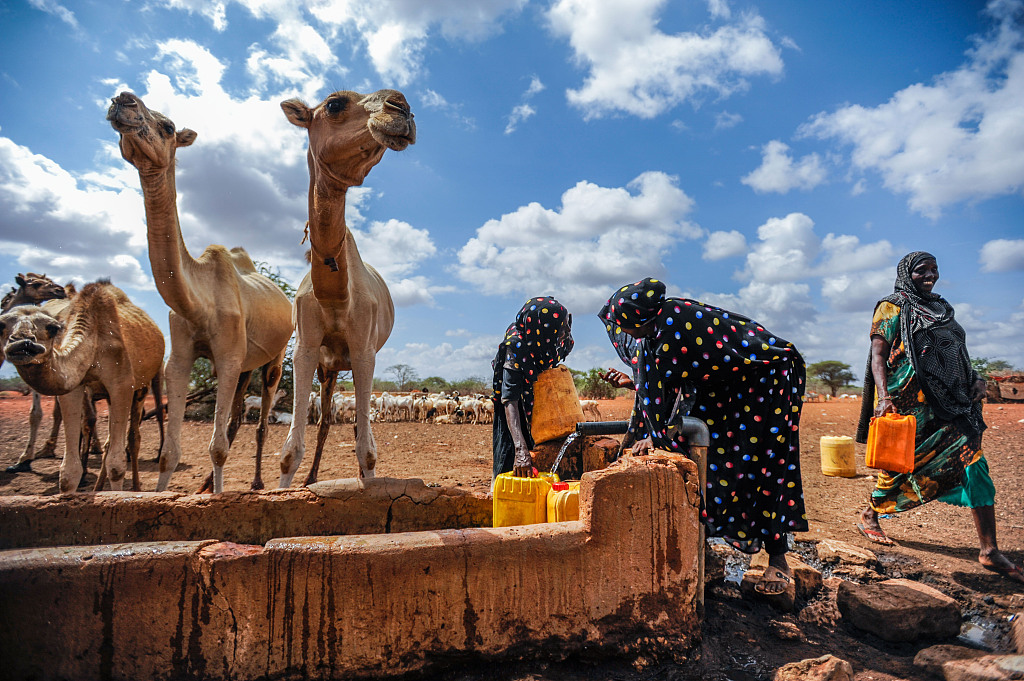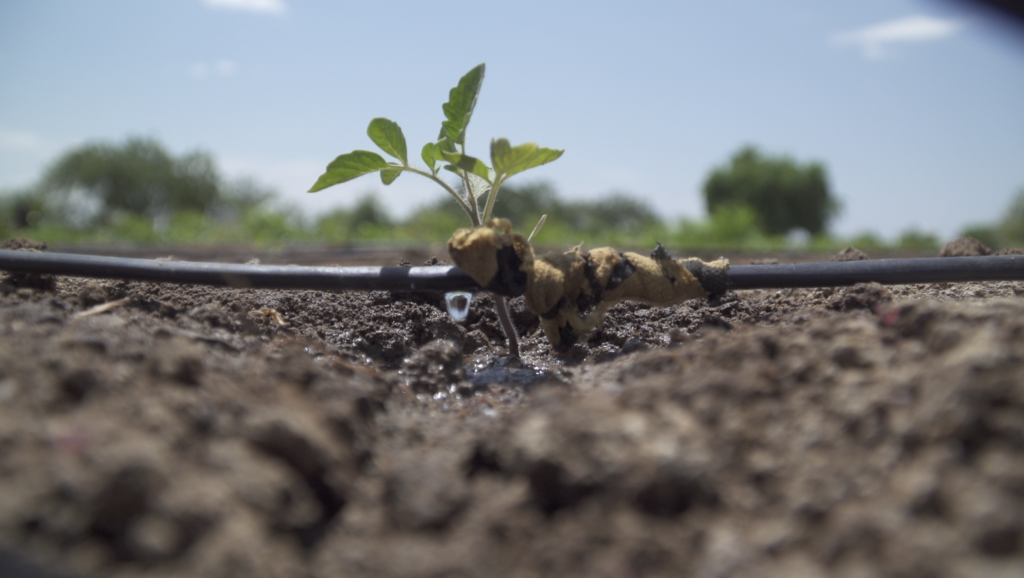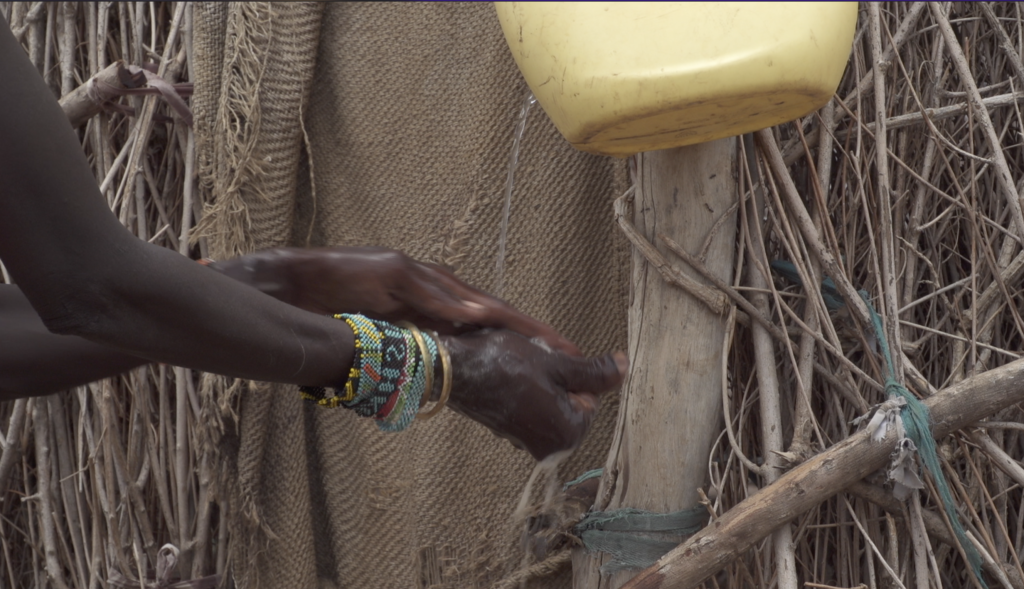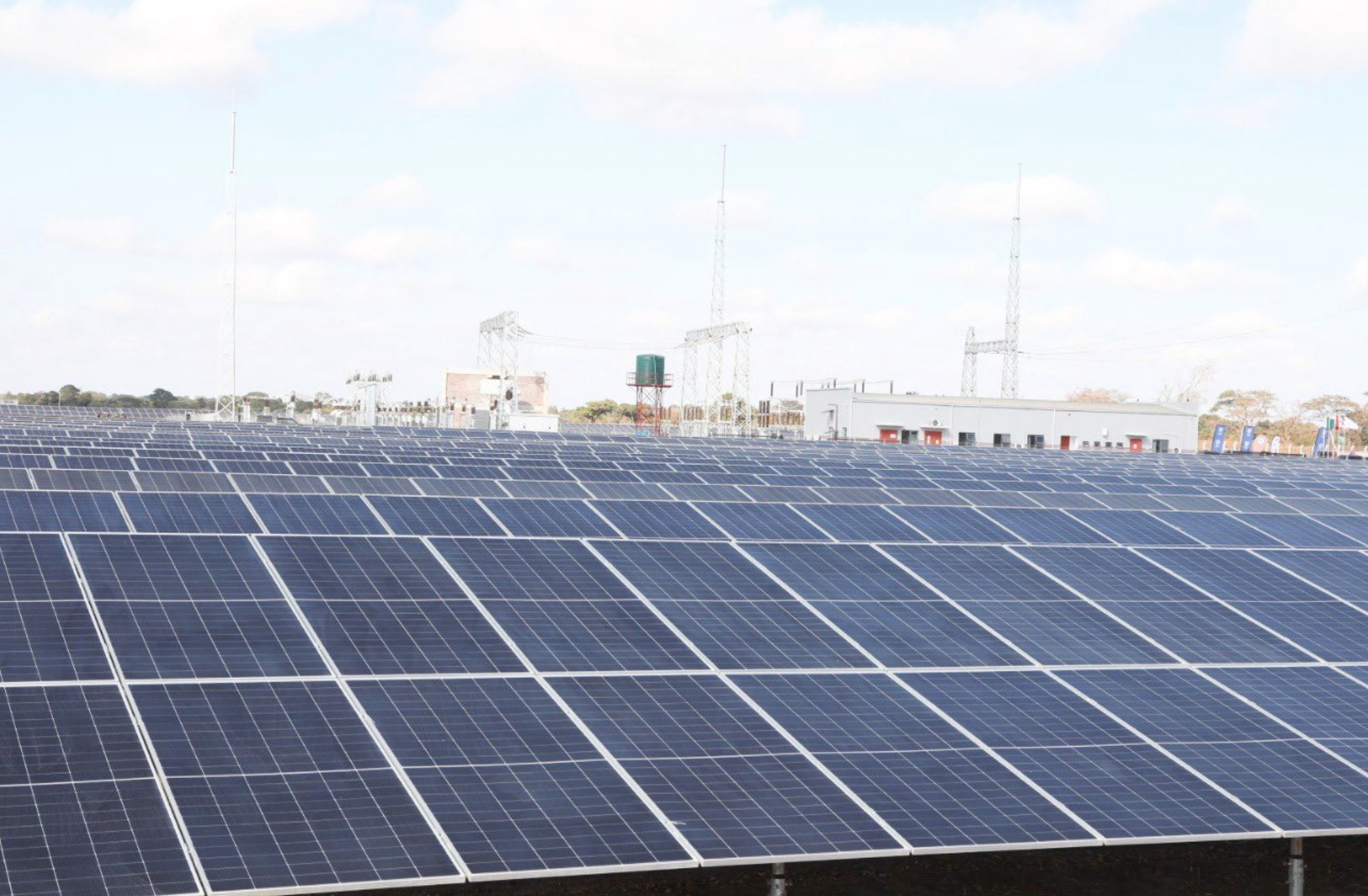
Expert: Water scarcity is directly linked to economic instability
The World Bank indicates that if current trends persist, the world will encounter a 40 percent deficit between projected water demand and available supply by 2030.
Additionally, chronic water scarcity, hydrological unpredictability, and severe weather occurrences such as floods and droughts are recognized as major roadblocks to global well-being and security. There is a growing connection between water scarcity drought and conflict.
Harriette Adhiambo Okal, an Associate Scientist specializing in Water Systems at the Stockholm Environment Institute (SEI) – Africa, sheds light on the dire situation, particularly in Africa, where communities are engaged in devastating water conflicts resulting in loss of life. While government policies exist to better manage this precious resource, Okal emphasizes the critical need for effective implementation.

“Translating policies into action remains a significant challenge, not just in Kenya but across Africa,” Okal notes. “The necessary data on water resources is already available, yet effective implementation lags behind.”
She adds that climate change has also contributed majorly to the dwindling quantities of fresh water resources globally with changing weather patterns that have seen some of the fresh water bodies being flooded with dirt while some have become completely dry due to perennial droughts.
Impact of water scarcity on global economies
Global economies have been hard hit due to a reduction in fresh water that is key in farming.
Estimates from the World Bank reveal that more than 40 percent of the global population resides in regions facing water scarcity, with approximately a quarter of the world’s GDP vulnerable to this issue. By 2040, projections suggest that one in four children will inhabit areas experiencing severe water shortages.
The impact is felt acutely in agriculture, a cornerstone of many economies. “Water scarcity severely affects agriculture, which forms the backbone of our economy,” Okal explains. “Without water, large-scale irrigation falters, leading to food shortages and desperation.

The repercussions extend beyond agriculture, with reduced water levels impairing hydropower production, resulting in power shortages and economic downturns.
“But it is not only agriculture, but when rivers run dry, hydropower production is negatively affected which leads to load shedding and power rationing.
“I lived in South Africa where we have serious load shedding, this is also as a result of reduced quantities of water in the rivers. Generally speaking, water scarcity equates to an economy going down.”
The world can leverage technology
However, amidst these challenges, Okal sees hope in technological innovation. Remote sensing technologies can pinpoint fresh water sources, enabling the drilling of boreholes to supply communities with water. Desalination, though costly, offers a solution by converting seawater into freshwater suitable for consumption and irrigation.
Many urban areas in Africa suffer from aging water infrastructure, resulting in leaks and contamination. Okal stresses the importance of upgrading infrastructure to prevent water loss.

“Smart water grids and water ATMs offer innovative solutions,” she suggests. “These technologies allocate water based on hydrological units, ensuring efficient distribution.
In rural areas, rainwater harvesting can be enhanced by constructing storage pools to collect water during the rainy season for use during dry periods.
“Water is not just a resource; it is a lifeline,” Okal emphasizes. “When managed responsibly, it secures our future. Let’s toast to peace, prosperity, and a sustainable future with a glass of water.”






